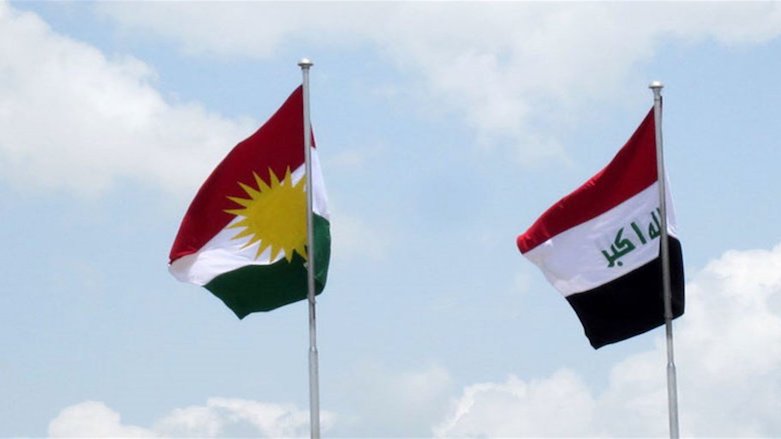Iraqi committee to visit Kurdistan to negotiate 2019 budget, KRG salaries

ERBIL (Kurdistan 24) – A financial committee from Baghdad will visit Erbil to discuss the national budget share of the semi-autonomous Kurdistan Region and the salaries of public servants, said a Kurdish lawmaker on Saturday.
“The purpose of the visit is to discuss how the Kurdistan Regional Government (KRG) is planning to deal with Baghdad in the new year, and whether both Erbil and Baghdad will reach an agreement on the budget issue,” Jamal Kochar, a Kurdish member of Iraqi parliamentary committee for finance and economy, told the KDP news website.
He stated that the Iraqi delegates are one of five committees formed in Baghdad to review the draft budget of 2019 and work toward finalizing the text of the legislation.
“The committee is made up of Kurds and Arabs. They want to discuss the budget and salaries of the KRG employees,” said Kochar. ”The date of the visit is yet to be determined.”
The Kurdish lawmaker noted that the budget share of the Kurdistan Region in the draft bill remains unchanged from last year's budget, in which Baghdad broke from the longstanding 17 percent allotted to the region to just 12 percent.
“We as the parliamentary committee had a meeting with Speaker Mr. Mohammed al-Halbousi. We told him to resolve the issue of decreasing the Kurdistan Region’s budget share, and that 12 percent is not acceptable because we have the data of the Iraqi Planning Ministry which proves that the population of the Region is more than that percentage,” Kochar said, adding that Halbousi promised to address the issue.
Following the September 2017 unilateral referendum on independence in the Kurdistan Region, which saw a landslide majority favoring statehood, the Iraqi federal government headed by then-Prime Minister Haider al-Abadi imposed punitive collective measures on the Region which included the budget share decrease.
As referenced by Kochar, the budget share was originally calculated based upon the percentage of the nation's population within the region.
A full accounting of regional populations is crucial for planning and budgeting in any nation. In Iraq, where mass displacement and campaigns of ethnic cleansing have been endemic to conflict for decades, such a survey takes on political significance.
Iraq's last census was held in 1997 and did not include the Kurdistan Region. More recent counts generally estimate population based on statistics provided by the national food ration program and have often been incomplete in disputed territories.
Lack of reliable statistics has fueled discord between rival populations claiming majorities in various regions of Iraq, most notably in the oil-rich province of Kirkuk, adding to the difficulty of addressing fundamental disagreements.
Article 140 of the Iraqi constitution provides a legal mechanism for resolving the outcome of the disputed territories, partially based on updated census results. The provision was introduced to allow the 2005 ratification of the constitution by kicking controversial decisions on the disputed territories down the road.
Despite complaints by Kurdish parties, no recent census has been able to provide a clear count of the Kurdish population in areas like Kirkuk, and over a decade has passed since the 2007 deadline for the article's implementation.
Kochar concluded by stating that Kurdish lawmakers in the Iraqi Parliament would also not accept 2019 budgetary allotments to the Iraqi defense forces without committing a reasonable share dedicated to Kurdish Peshmerga forces.
The budget of the Kurdistan Region and Peshmerga funding both remain ongoing disputes between Erbil and Baghdad and become a prominent part of yearly budget negotiations.
Editing by John J. Catherine
